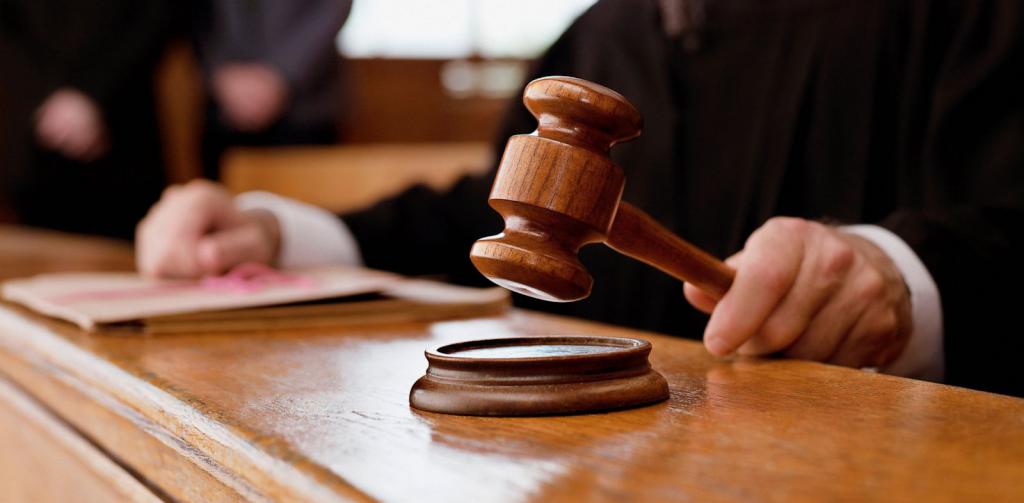The materials of the criminal case with the indictment drawn up in accordance with all the rules go to the judge. He studies them, checks the sufficiency of legal and factual grounds for the proceedings. After this, certain organizational measures are taken to eliminate existing obstacles to normal legal proceedings and create the proper conditions for holding a hearing.
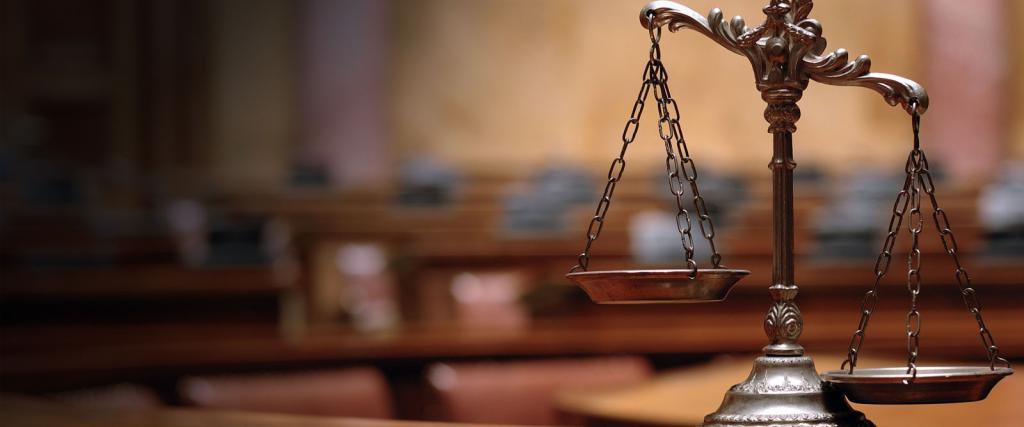
Procedural procedures
According to article 227 of the Code of Criminal Procedure, the court must make a decision on the materials received. It can be one of the following:
- The direction of the case in accordance with the jurisdiction, if during the study it is established that the court is incompetent to consider it.
- Appointment of a preliminary hearing in a criminal case.
- Determining the time and date of the trial without a preliminary hearing.
The judge is obliged to make an appropriate decision within 30 days from the date of receipt of the case. If the accused is in custody, this period is reduced to 14 days.
The decision taken is reflected in the definition. A copy of it is handed over to the prosecutor, the victim and the accused.
Nuances
Issues related to the election or extension of a preventive measure are resolved at the request of the prosecutor or at the initiative of the court with the participation of the accused, a lawyer or his other representative, the prosecutor at the hearing or at the preliminary hearing.
The participants are notified of the date, time, place of the trial no less than 3 days before its start.
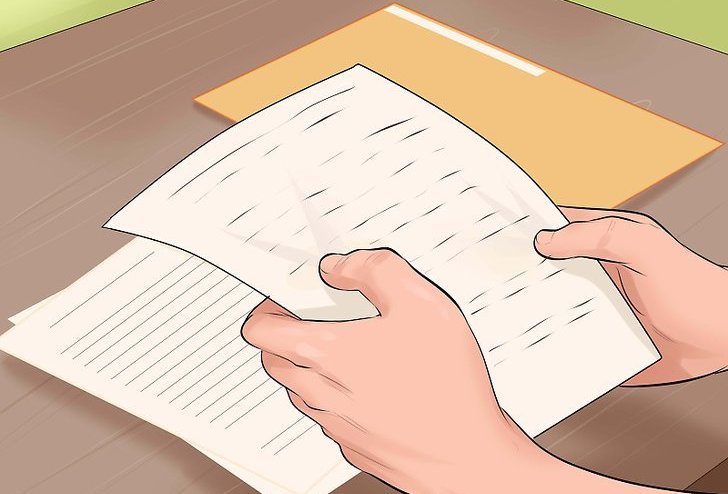
The essence of the preliminary criminal hearing
Preparation for the proceedings is determined by the adoption of one of the decisions, in accordance with which the court holds a meeting. It can be made by the court on its own initiative or at the request of a preliminary hearing in a criminal case, subject to a number of grounds. Among them:
- Request from a party to exclude evidence.
- Grounds for termination / suspension of the case.
- A motion to conduct proceedings in the absence of the accused, who is outside the Russian Federation or who refuses to attend the hearing.
- Grounds for returning the case file to the prosecutor.
A preliminary hearing in a criminal case is held in the absence of an accused who is not in Russia or who evades to appear in court if the subject committed a grave / especially grave act and:
- was not held liable for the deed in the territory of a foreign state;
- there is a petition from the perpetrator for the jury;
- there is a sentence providing for a conditional punishment for a citizen that has not entered into force when a case has been brought against him for a crime committed by him earlier;
- there is reason to separate the case into a separate proceeding.
Destination Features
As noted above, the basis for a preparatory meeting is the initiative of the court or a motion for a preliminary hearing in a criminal case. The latter may be declared after:
- familiarization with the case;
- sending materials to the court within three days from the date of receipt of the copy of the indictment.
Holding a preliminary criminal hearing
The judge holds the hearing alone with the participation of the parties. The meeting should be closed. Participants must be notified in 3 days about the place and time.
A preliminary hearing in a criminal case may be held in the absence of the accused at the request of him or the other side.The absence of other participants duly notified is not an obstacle to its continuation.
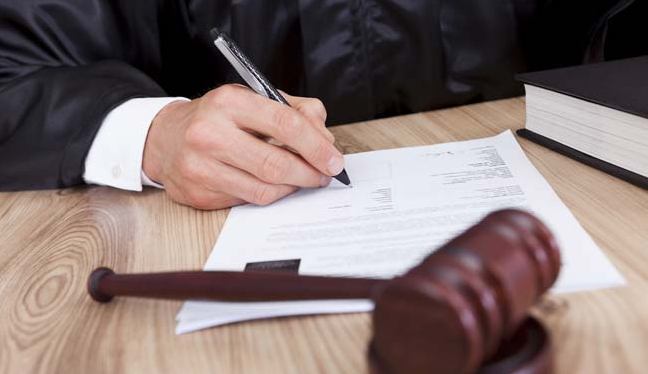
Exclusion of evidence
During the preliminary hearing in a criminal case, any participant has the right to file a motion to exclude certain materials if, in his opinion, they were received in violation of the law. The application must indicate:
- Evidence to be removed from the file.
- The reasons for this.
- The circumstances confirming the applicant's position.
A copy of the application is submitted to the other party on the same day as the court. The law does not specify the exact time of transmission. In this regard, it appears that a copy of the application is transmitted to the other party immediately before the preliminary hearing in the criminal case.
If the application contains a request to question an eyewitness, to attach a document to the materials, the judge can (but should not) satisfy her. If the other participant has objections to the exclusion of any evidence, the court has the right to announce the content of the protocols drawn up during the investigative measures and other acts that are present in the case or submitted by the parties during the preliminary hearing.
Important point
The law prescribes the mandatory participation of the prosecutor in the preliminary hearing of the criminal case. It is his responsibility to refute the arguments presented by the defense. In other cases, the party submitting the motion must prove the validity of the arguments.
Features of the procedure
If the court decides to exclude the evidence, it loses legal value. Accordingly, it cannot serve as the basis for a sentence or other act, to be investigated and used in the process.
If the jury is involved in the proceedings, no one can inform them of the evidence excluded during the preliminary trial of the criminal case. Meanwhile, there is a rule in the legislation according to which the court has the right to assess the admissibility of excluded evidence in the course of the proceedings.
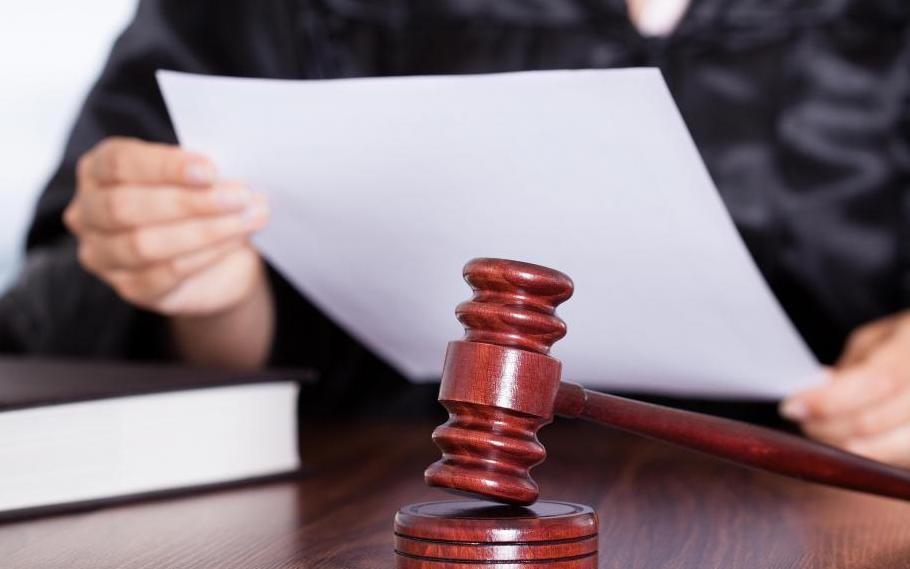
Difficulty in practice
When examining a motion to exclude any evidence, the court should find out whether the other party has objections to it. In their absence, the applicant's request is granted.
The legislation regulates in sufficient detail the procedure for considering applications for the exclusion of evidence in court at a preliminary hearing in a criminal case. Meanwhile, as practice shows, judges most often refuse to satisfy such motions. At the same time, they refer to the possibility of the parties to declare it during the examination of the case on the merits. However, in the course of the proceedings, the judges' repeated applications are also rejected, claiming that they will give a legal assessment of the relevant evidence when deciding the sentence in the deliberation room. In such cases, there is a violation of criminal procedure standards.
According to many lawyers, it is advisable to submit a request for the exclusion of evidence to the court together with a request for a hearing or indicate that the appointment is directly related to the need to exclude certain materials from the case. Otherwise, the court will refuse to consider the application.
New material sharing
As follows from the provisions of part 7 of Article 234 of the Code of Criminal Procedure, at a preliminary hearing in a criminal case, the defense may request a request for additional items or materials. The assessment of the appropriateness of the materials is assigned to the judge. If he considers that additional items and documents are relevant to the proceedings, he will grant the request.
At the request of either party, during the preliminary hearing, witnesses may be questioned who have any information about the circumstances of the investigation or the seizure and attachment of documents to the case. However, this provision does not apply to persons endowed with witness immunity.
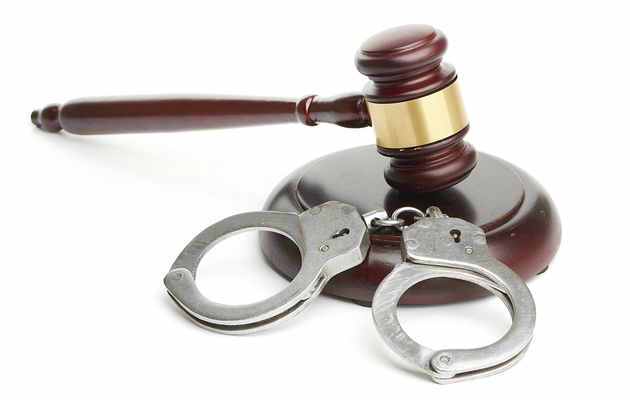
Hearing Decisions
The course of the meeting should be reflected in the minutes. At the end of the hearing, the judge is required to make a decision. It is drawn up by the relevant resolution (determination). The court, in particular, may decide:
- Suspension / termination of the criminal case at the preliminary hearing.
- Appointment of the meeting.
- Direction of materials on jurisdiction.
- Adjourned meeting. Such a decision shall be made if it is revealed that a conviction has already been passed with respect to the accused, providing for criminal punishment, but not having entered into force.
- Separation of a case into independent production or the impossibility of this.
- Returning materials to the prosecutor.
The decision made by the judge shall reflect the results of the examined applications and complaints. It also indicates the specific evidence that was excluded, and what materials, in this regard, should not be investigated and made public in the meeting, used in proving.
Special cases
In practice, it happens that the prosecutor changes the charge during the preliminary hearing. In such situations, the judge should fix this fact in the decision and, if the jurisdiction changes, send the case to the appropriate authority.
For example, the materials were first sent to the district court. At the preliminary hearing, the prosecutor changed the charge, in connection with which the jurisdiction changed. As a result, the case was transferred to the justice of the peace.
Return of materials to the prosecutor
The relevant decision on the results of the hearing is adopted to remove obstacles to the consideration of the case if:
- The indictment (conclusion) was drawn up in violation of the requirements of Articles 220, 226.7, 225 of the Code of Criminal Procedure, which excludes the possibility of a court making a reasonable and lawful decision.
- Copies of documents related to the proceedings were not transferred to the accused. The exception is cases when a citizen himself refused to receive them.
- There are reasons for joining affairs.
- The accused was not explained his rights, enshrined in 5 of part 217 of the article, when familiarizing himself with production materials.
- The facts reflected in the indictment, or established in the framework of a preliminary hearing or trial, indicate that there are grounds for changing the qualification of the act of the accused or the subject in respect of whom proceedings have been initiated on the application of compulsory medical measures to him, for a more serious encroachment.
- Revealed circumstances precluding inquiry in abbreviated form. In this case, the judge is obliged to return the case to the prosecutor for further referral and to carry out the inquiry according to the general rules.
- After the court received the materials, new consequences arose of the act committed by the accused, as a result of which there were grounds for bringing charges of a more serious assault.
- The court ruling previously issued in the case is canceled, and the newly discovered or new circumstances that became the basis for its cancellation are the reason for the charge of a more serious crime.
If the case is returned to the prosecutor, the judge must resolve the issue regarding the selection of a preventive measure against the accused.
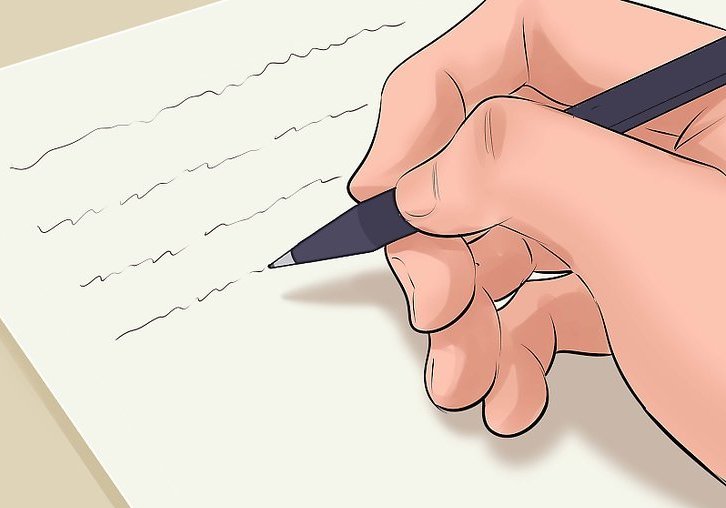
Production suspension
The grounds for this are enshrined in article 238 of the CPC. Production is suspended if:
- The defendant hid, but his whereabouts have not been established.
- The court sent a request to the Constitutional Court or the Constitutional Court adopted a complaint about the compliance of the law to be applied or applied in this case with the Constitution.
- The accused has a serious illness, which is confirmed by medical conclusion.
- The location of the citizen is known, but it is impossible to ensure his participation in the process.
- The person hid from the court (for example, the person in custody escaped). In such cases, the case is returned to the prosecutor with the order to ensure the search.
Ending the persecution
It may be related to the prosecutor's refusal to charge. In this case, an appropriate decision is made. A copy thereof shall be sent to the prosecutor and the person in respect of whom the prosecution is terminated, and to the victim. The court has 5 days to do this.

Case Allocation
The grounds for this are enshrined in article 154 of the CPC. In identifying the circumstances specified in this norm, the court has the right to make a decision on the separation of the case into independent proceedings and direction on jurisdiction. In this case, one important nuance should be taken into account. Separation of a case is allowed if a separate consideration of the materials does not affect the objectivity and comprehensiveness of the proceedings.
Conclusion
A preliminary hearing is an important stage in the proceedings. At this stage, the parties have the opportunity to file petitions, objections, and the court to remove obstacles to the subsequent proceedings. This stage should not be ignored.
